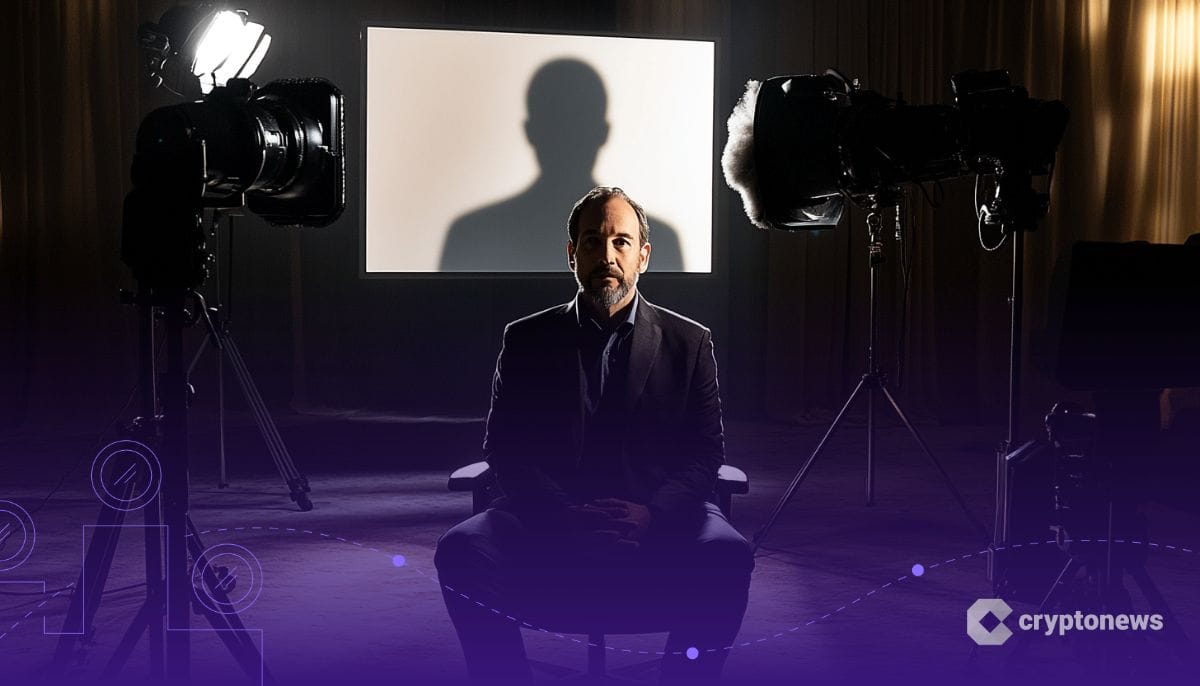Last updated:
 Why Trust Cryptonews
Why Trust Cryptonews
Ad Disclosure
We believe in full transparency with our readers. Some of our content includes affiliate links, and we may earn a commission through these partnerships.

After his appearance on 60 Minutes, Ripple CEO Brad Garlinghouse took to social media to express his frustration over what he saw as a skewed portrayal of his company and the cryptocurrency industry. In a detailed post, Garlinghouse called out the show for leaving out a crucial detail during its coverage of Ripple’s ongoing legal battle with the SEC—Judge Torres’s ruling that XRP, the digital token itself, is not a security.
60 Minutes also interviewed the former SEC official John Reed Stark, who said that the judges have ruled over and over again that some cryptos are indeed security and it wasn’t not a close call but an obvious one. Brad Garlinghouse posted on X, “Gensler’s shill (John Reed Stark) knows better despite his comments that 60 Minutes chose to air.”
Crypto’s Utility Questioned on 60 Minutes
Beyond the legal angle, Brad Garlinghouse took issue with the portrayal of crypto as a technology with no real utility. He reminded viewers that this kind of dismissal mirrors the early days of the internet, when naysayers claimed it was nothing more than a tool for crime. “Look at where the internet is now,” Garlinghouse said, highlighting that even JPMorgan is warming up to blockchain technology.
He also emphasized that Ripple is already using XRP to process billions of dollars in KYC-compliant transactions for institutional clients—far from the “illicit activity” often associated with crypto.
Garlinghouse also addressed the episode’s focus on the political influence of the crypto industry, particularly its contributions to super PACs. While some might argue that these contributions amount to “buying elections,” Garlinghouse framed it as an effort to ensure that lawmakers take the industry seriously and create clear, fair regulations. He said in his interview,
“Where is the United States better served? Are we served by creating clear rules of the road and having this industry thrive here at home? Or should we push it offshore where people are less protected?”














